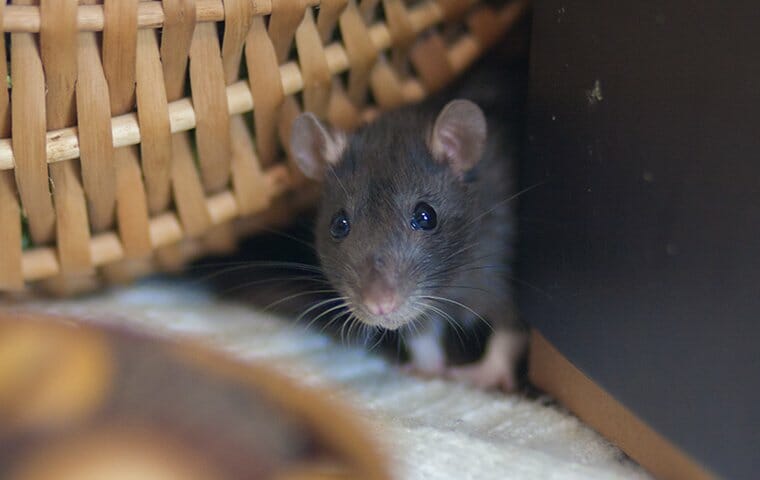Are you tired of dealing with rodent infestations but concerned about the harsh chemicals in traditional pest control methods? You're not alone. Many people are seeking top non-toxic rodent control tips to ensure the safety of their families, pets, and the environment. In this article, we'll explore effective strategies to manage rodents without resorting to toxic substances.

Understanding Rodent Behavior
Before diving into non-toxic rodent control methods, it's essential to understand rodent behavior. Rodents are attracted to food, water, and shelter. By disrupting these elements, you can reduce their presence. Rodents, such as mice and rats, are nocturnal creatures that prefer dark, secluded areas. They are excellent climbers and can squeeze through tiny openings, making them adept at infiltrating homes.
Seal Entry Points
The first step in non-toxic rodent control is to prevent their entry. Inspect your home for any potential entry points. Look for gaps around doors, windows, and utility lines. Use materials like steel wool or wire mesh to seal these gaps. This method is highly effective in preventing rodents from entering your home.
Maintain Cleanliness
One of the simplest yet most effective non-toxic rodent control tips is to maintain cleanliness. Rodents are attracted to food crumbs and waste. Ensure that your kitchen and dining areas are clean and free of food debris. Store food in airtight containers and regularly dispose of garbage.
Natural Repellents
There are numerous natural repellents that can deter rodents. Essential oils, such as peppermint and eucalyptus, are known for their strong scents, which rodents dislike. Soak cotton balls in these oils and place them in areas where rodent activity is suspected. Additionally, planting mint around your home's perimeter can act as a natural deterrent.
Garlic and Vinegar Solution
A homemade solution using garlic and vinegar can be an effective rodent deterrent. This method, discussed in more detail in this natural deterrent guide, involves mixing crushed garlic with vinegar and spraying the mixture in areas frequented by rodents.
Traps and Barriers
Using traps is a traditional method of rodent control. However, opt for non-toxic traps such as catch-and-release traps. These traps allow you to capture rodents without harming them, enabling you to release them far from your home. Additionally, you can use physical barriers to prevent rodents from accessing certain areas.
Kid-Safe Solutions
For families with children, it's crucial to choose kid-safe rodent control methods. You can explore kid-safe ideas to ensure that your pest management strategies do not pose any risk to young ones.
Pet-Safe Practices
For pet owners, ensuring that rodent control methods do not harm pets is a priority. Opt for solutions that are safe for pets, such as those highlighted in this pet-safe practices guide. This includes avoiding toxic baits and opting for natural repellents.
Regular Maintenance and Monitoring
Once you've implemented these non-toxic rodent control tips, it's important to maintain regular monitoring. Check for any signs of rodent activity and make adjustments to your methods as necessary. Regular maintenance ensures that your home remains rodent-free.
Conclusion
Incorporating these top non-toxic rodent control tips into your pest management strategy can create a safer environment for your family, pets, and the ecosystem. By understanding rodent behavior and using natural deterrents, you can effectively manage rodent populations without resorting to harmful chemicals.

FAQ Section
What are the most effective non-toxic rodent repellents?
Natural repellents like peppermint oil and eucalyptus oil are highly effective. These oils can be used on cotton balls and placed in areas where rodents are suspected.
How can I prevent rodents from entering my home?
Sealing entry points with materials like steel wool and maintaining cleanliness are key strategies. Regularly inspect your home for gaps around doors and windows.
Are non-toxic rodent control methods safe for pets?
Yes, non-toxic methods are generally safe for pets. It's important to choose solutions that do not pose a risk, such as natural repellents and physical barriers.
For more insights on non-toxic rodent control, you can visit Treehugger's guide on non-toxic pest management.
